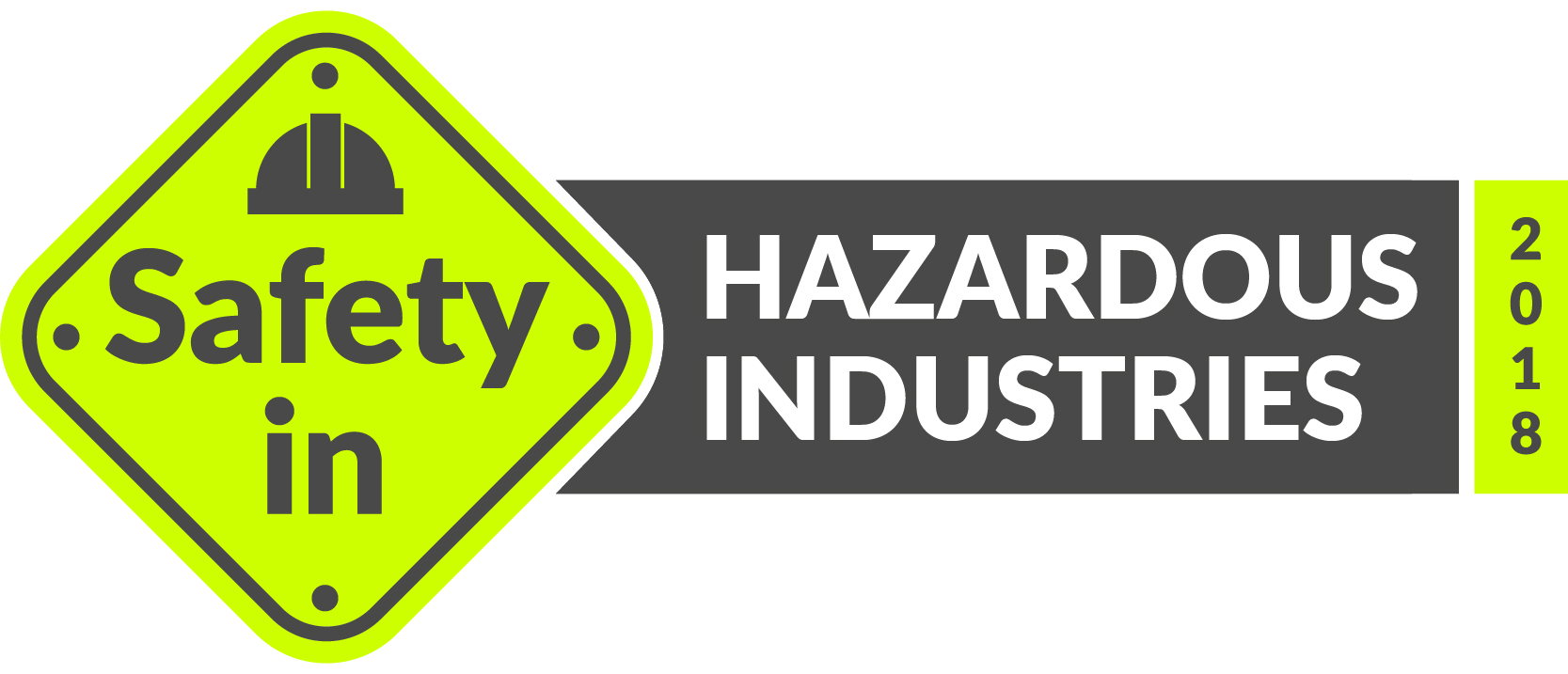Conference Day One
27 MARCH 2018
Click here for Post-Conference In-depth Learning Sessions
08:15 Registration and welcome coffee
08:50 Opening remarks from the Chair
Jason Edwards, Research Associate, Queensland University of Technology
INTERNATIONAL KEYNOTE PRESENTATION:
09:00 Contact Energy’s process safety improvement journey – lessons learned
- Exploring the practicality of the ‘Trojan Horse’ effect in driving safety efficiency
- How the process safety journey lead to digital innovation
- Understanding what can go wrong and implementing preventative systems
- Why information is key to enabling safety
Andy Sibley, Head of Business Improvement and Support, Contact Energy (New Zealand)
09:40 Case Study: Learning from Origin Energy’s incident investigation redesign – an innovative approach to safety examination
- Outlining the practicality of differentiating between under analysis vs over analysis
- How to meet legislation/ALARP whilst simplifying and reducing workforce
- Ins and outs of safety data analysis
Nicole Shambrook, Senior Process Safety Engineer, Origin Energy
10:10 Morning tea
Exploring evidence based industry approaches and applying them to your process safety management strategies
10:40 Case Study: How to overcome process safety challenges in oil and gas brownfield modification projects
- Demonstrating applications of practical evidence based brownfield modification project analysis through incident history
- Understanding triggers for change, major accidents, and pilot programs to investigate specific safety issues
- How to conduct systematic analyses of facilities, systems, and identification of risk reduction opportunities
- Presenting ALARP recommendations
- Outlining the meaning, cost, troubles, technical difficulties, and other constraints of practical approaches to brownfield modification project safety
Richard Pocock, Principal Process Safety Engineer, Clough Projects
11:10 Refocusing risk management in the mining industry to fill in the safety gaps
- Applying critical controls and control effectiveness to the management of catastrophic and chronic OHS risk
- How we can overcome risk management issues in the mining industry
- Demonstrating the gaps in safety management that need to be filled
David Cliff, Professor of Risk and Knowledge Transfer, The University of Queensland
Encouraging excellence in your risk management strategies via practical means
11:40 Case Study: Risk and Safety – A relationship that matters to the foundations of safety excellence
- Outlining the importance of the relationship between risk and safety
- Sharing insights from research into factors that impact effective risk/safety management
- Developing a framework for practical applications of risk management research
Maureen Hassall, Associate Professor, The University of Queensland
12:10 Networking lunch
13:10 Panel Discussion: Designing safety systems to facilitate company growth through employee participation
- What are the most effective approaches to process safety and personal safety management?
- How do you best integrate the latest Operational Risk Management (ORM) techniques in your company?
- What are the positive and negative outcomes of focusing more on either process or personal safety?
Panel Moderator:
David Cliff, Manager – Major Hazard Facilities, The University of Queensland
Panellists:
Melanee Reilly, State Inspector – Major Hazard Facilities, SafeWork NSW
Maureen Hassall, Associate Professor, The University of Queensland
Shoena Messner, Director – Hazardous Chemicals and Industries Branch, Workplace Health and Safety Queensland
Unpacking the human aspects of safety control, performance, and regulation
14:00 How human factors made aviation the safest industry on earth
- Outlining the chain of events that set the stage for the global aviation community to acknowledge the importance of human factors
- Establishing the key reasons why ‘human factors changed’ over time to improve safety standards
- How the aviation industry instigated and modified training whilst keeping a global standard
- Practical applications of idea sharing, personal development, and human factors instructor training
Ben Charters, Airline Pilot and Human Factors Specialist, Flight Skills
14:30 Afternoon tea
15:00 Case Study: Pipelines and beyond – ensuring public safety is the priority
- Discussing the importance and relevance of pipeline regulatory environments to the hazardous safety sector
- Outlining pipeline incidence operator obligations to drive safety thinking
- Analysing the safety aspects of different pipelines to set achievable goals and standards
Shoena Messner, Director – Hazardous Chemicals and Industries Branch, Workplace Health and Safety Queensland
15:30 Case Study: The importance of psychological wellbeing in facilitating higher employee performance
- Using evidence to prove that effective ‘mental safety’ practices are as important as ‘physical safety’
- Identifying the risks and performance issues that arise with poor workplace mental health
- Demonstrating the practical applications of a focus on psychological safety
Jason Edwards, Research Associate, Queensland University of Technology
16:00 Closing remarks from the Chair
16:10 End of Day One and networking drinks
